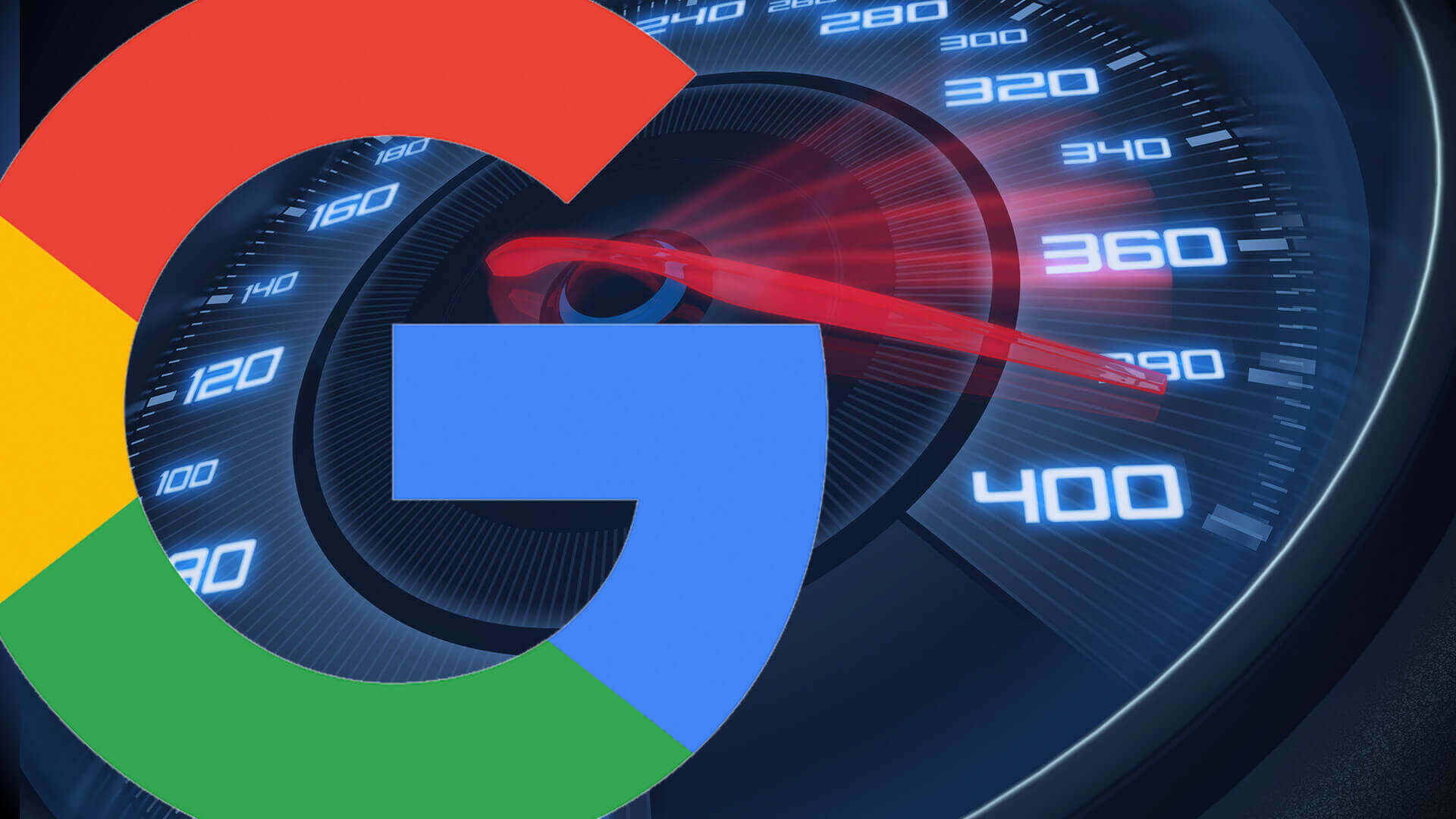Google has been the largest part of hotels’ marketing toolkits for almost as long as there has been digital marketing.
NB: This is an article from Fornova
Now, as the hospitality sector seeks to attract guests from both the domestic market and within their international travel corridors, Google’s expanded range of services offer huge opportunities to optimize visibility and boost booking.
To make the most of Google’s offerings, hotels need to understand which combination of services best meets their needs. If you’re not already incorporating the below tools into your marketing and distribution strategies then it’s time to take a fresh look at your approach.
Google My Business
The starting point for all hotels is to secure your free listing on Google My Business. This is the information box that appears to showcase your location, website, star rating, and contact details. You can also connect your room rates.
Subscribe to our weekly newsletter and stay up to date
Connecting your hotel is easy and is the first step at ensuring your hotel is visible to anyone searching for accommodation in your area. It is also essential to be able to access many of Google’s other services. Learn how to claim your listing here.
Google Analytics
Google Analytics is one of the most effective ways of getting under the engine of your brand.com site to understand how people are reaching your site, what search terms they are using, which pages they are visiting and for how long, and which pages they are exiting your site from. Google Analytics’ dashboards and reports provide the information needed to enhance visitor’s experiences, improve the site’s visibility on search engines, and increase conversions.
Most importantly, analytics allows you to build a clear picture of your guests including their age, gender, location and interests. Armed with this granular level, detail, revenue, and distribution managers can segment audiences to create highly targeted campaigns that secure heads on beds – promoting offers that resonate with people’s interests, and geography, even changing language.
Google Hotel Ads
Google Hotel Ads provides hotels with a critical shop window for potential guests and should be a central pillar for any revenue and distribution campaigns that rely on driving potential guests to your brand.com site. When demand is as low as it currently is, making sure you are seen by as many of the right type of people is critical. For many hotels, it replaces their traditional Google Ad Words activity.
Google Hotel Ads boosts visibility across Google search, Google Maps, and Book on Google. With the right campaign not only can hotels be seen by more people in target geographies and demographics but because it also allows visitors to filter and compare hotels based on price, location, cancelation policy, and other services and amenities. So, you must have a clear and proactive strategy in place to gain a competitive advantage.
Potential guests will be shown a window that links to the hotel’s Google My Business or Book on Google page when they search for the hotel by name or enter a generic keyword or phrase.
A word of warning though, making sure your property is correctly set-up on Google Ads and shows the correct rates is not as simple as it may seem and often requires the assistance of an approved Google partner.
Once you have your hotel ads up and running Google’s Hotel Center platform helps hoteliers to optimize and manage data feeds from the adverts. Users can view recently added hotels, view conditional rates, their history and test them in ad preview, improve price feed status and coverage and link and share Google Ads accounts at the hotel level.
Property Promotion Ads
Google has relaunched Property Promotion Ads to help hotels capture demand earlier in a potential guest’s decision making journey. They allow hotels to promote their properties in Google’s prime real estate search results via a window in Google Maps and Google Travel. Significantly increasing a hotel’s visibility and the likelihood of bagging a booking.
Where Property Promotion Ads differ from Hotel Ads is that they activate the minute someone searches for a hotel in a specific location e.g. ‘hotel in London’ or by amenity such as ‘hotel in London with spa’. The results then allow the user to compare several hotels at once.
Book on Google
As part of its concerted expansion into the hospitality sector, Google is determined to make the booking journey as seamless as possible for guests – and give them as few reasons as possible to leave the platform.
Through its Book on Google service, visitors can search for accommodation on both Google Search and Google Maps, research each hotel’s offering and complete payment all without leaving the site. All the details are then passed through to the hotel. What’s more, Google has expanded its services to allow visitors in Europe to book from European points of sale such as google.co.uk and google.de.
For many hotels whose own brand.com e-commerce services are far from ideal, Book on Google offers the opportunity to increase visibility and boost conversions.
And, if you are one of the many hotels that has changed their policy to offer free cancellations, Book on Google provides a way to promote this. It’s also an additional channel to promote your hygiene and safety standards.
To use Book on Google you must first have a Hotel Ads account but after that, Google applies the same CPC for each click or the same commission % (CPA) for each booking in Hotel Ads.





